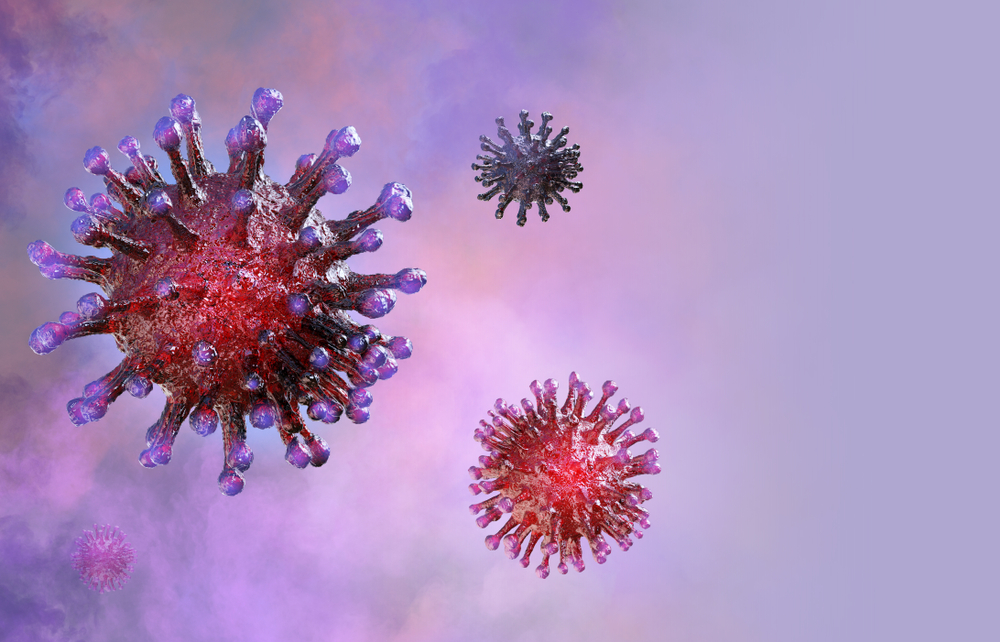
Fast facts on viruses
- Viruses are living organisms that can’t replicate without a host cell.
- They are considered the most abundant biological entity on the planet.
- Diseases that can be caused by viruses include rabies, herpes, and Ebola.
- A virus has no cure, but vaccination can prevent it from spreading.
What are viruses?
Almost every ecosystem on Earth has viruses. Before entering a cell, viruses exist in a form known as virions. During this phase, they are roughly one-hundredth the size of a bacterium and consist of two or three distinct parts:
- genetic material, either DNA or RNA
- a protein coat, or capsid, which protects the genetic information
- a lipid envelope present around the protein coat when the virus is outside of the cell
Viruses cannot make proteins because they do not contain ribosomes, which makes them totally dependent on their host. Viruses are the only type of microorganism that can’t reproduce without a host cell.
After finding a host, a virus will insert genetic material into it and take over that host cell’s functions. After contaminating the cell, the virus will continue to reproduce, producing more viral protein and genetic material instead of the usual cellular products.
The classification of a parasite is actually the process that earns viruses. Additionally, viruses can have different shapes and sizes, and they can be classified bt their shapes.











































